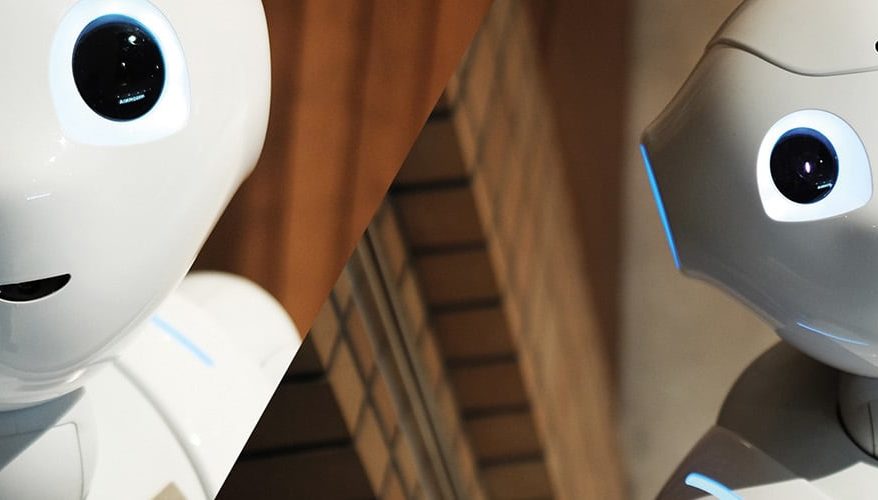
The perceived threat of robots in the workplace has been discussed at length in recent years – the idea that robots are going to take over our jobs, replacing us and rendering us useless, is certainly still prevalent. But is it true? As robots become regular in the workplace, how is it going to affect us?
Chris Box, speaking at a WORKTECH Financial Workplace conference in London (June 2017), explained that
by 2020, robotics and AI will begin to take over repeatable, transactional tasks.
This will free up human capacity to focus on more strategic and creative activities. So rather than replacing us, robotics and Artifical Intelligence (AI) will instead support us, and allow us more room to explore the more complicated areas of our job responsibilities.
Not losing that human touch
When it comes workplace trends in 2018 and the concept of robots, automation can only do so much. Losing the ‘human touch’ means losing relationships, much-needed interaction and collaboration – some of the most important factors in a successful and productive workplace.
By focusing robotics on completing tasks that simply support us in our daily tasks, we can create a stronger workforce. The difference between the responsibilities of humans and robotics will be clear; nobody needs to worry about being replaced by a robot!
Integrating robotics into the workplace won’t be an overnight task. We will need to learn how to interact with them, and how to manage them. We also need to consider advocating a code of ethics for future AI, and encourage regulation to get the best from our robotic taskforce. The future of the workplace with robotics can seem daunting, but if we prepare as efficiently as possible, we’ll likely find the usage of them to be nothing but advantageous.



